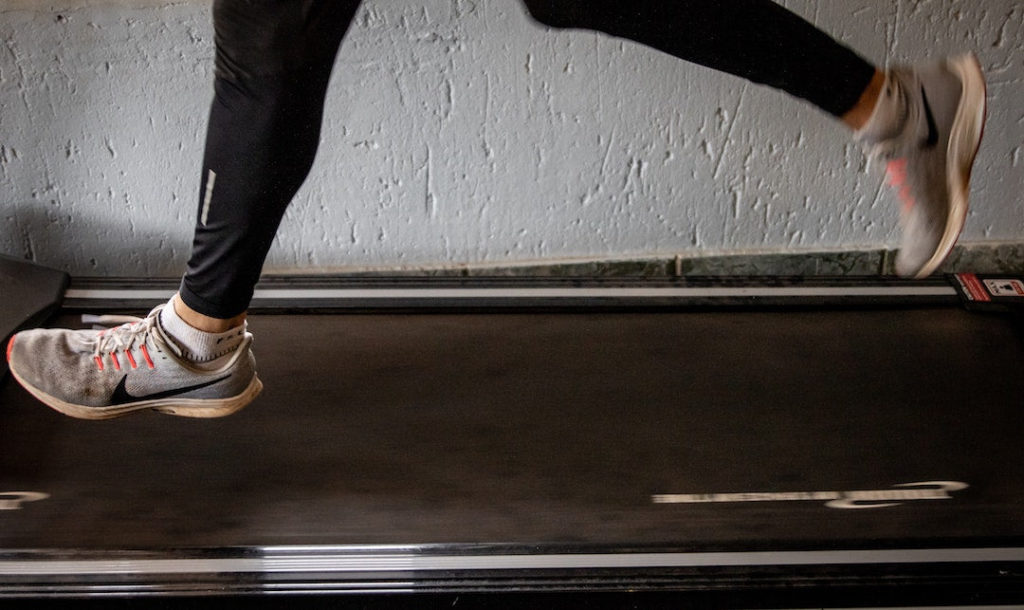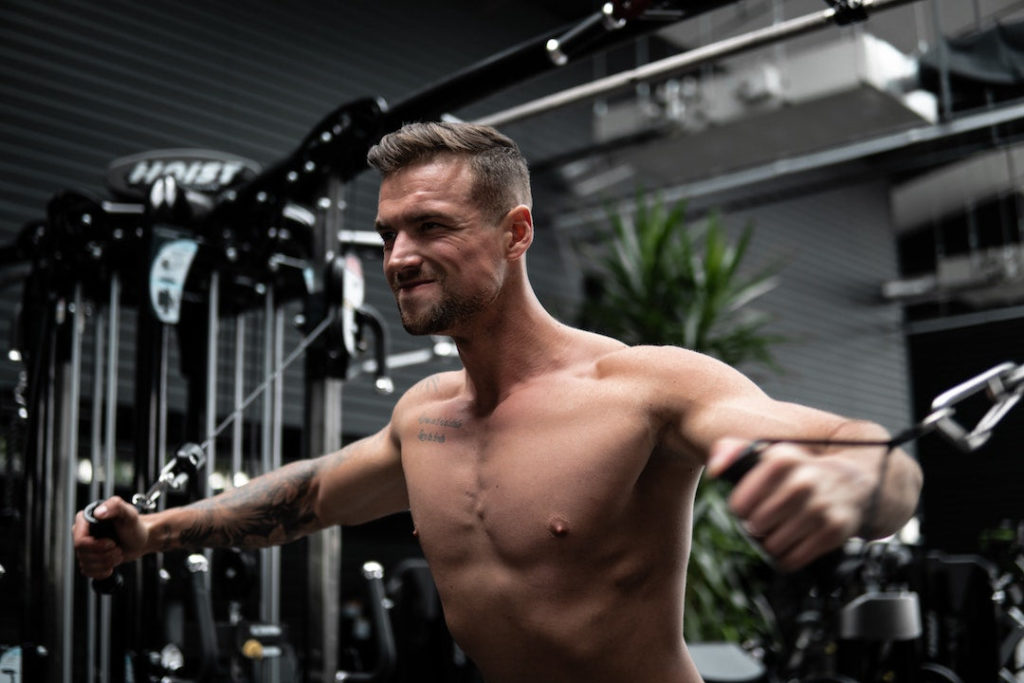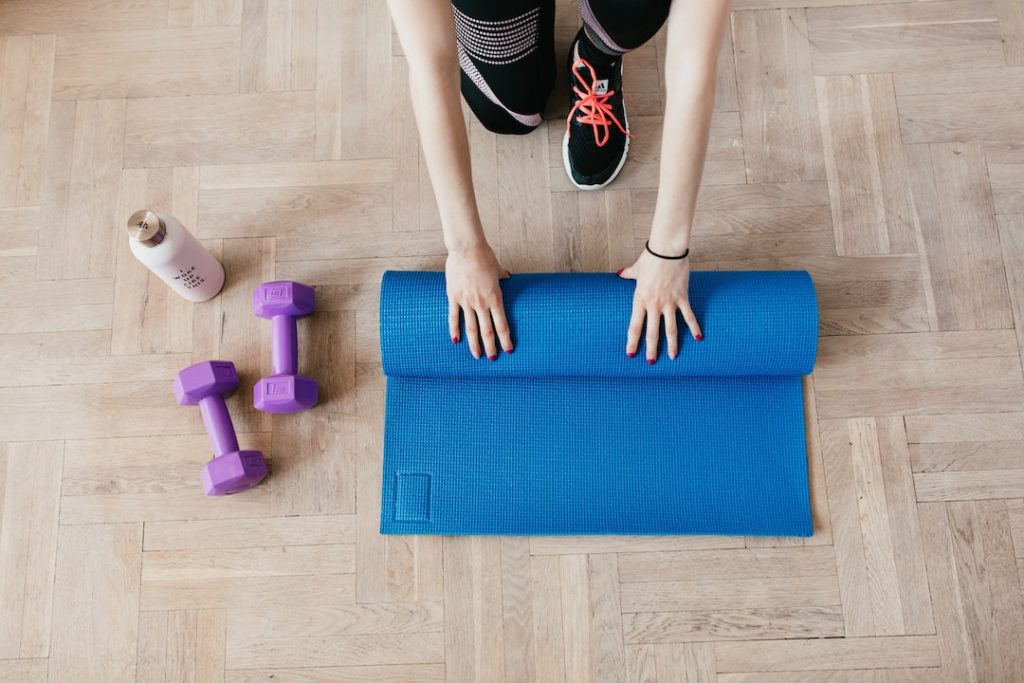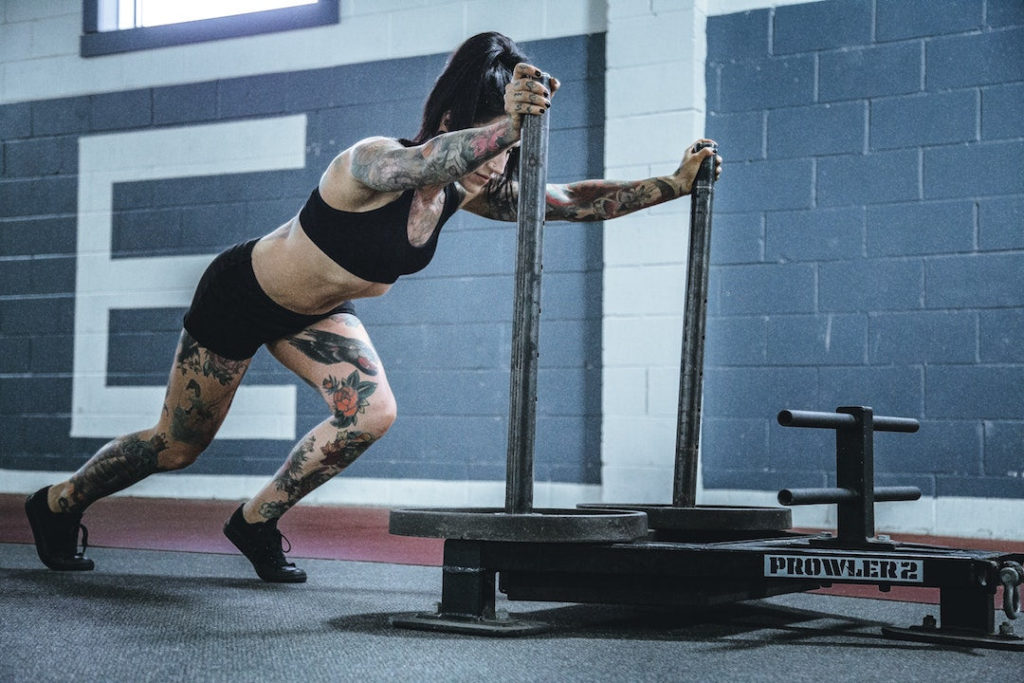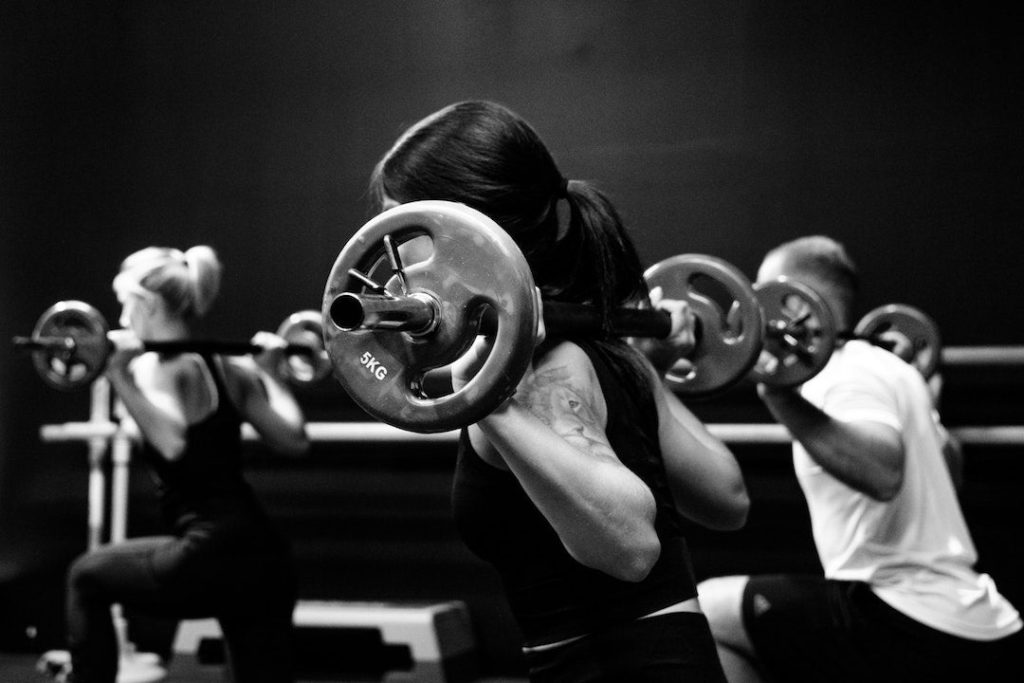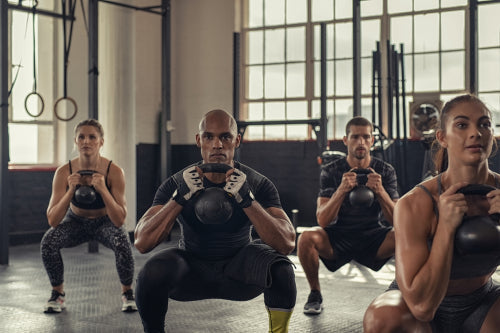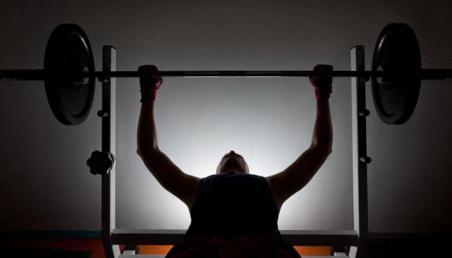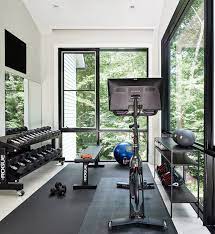Contrary to what you will read when you explore fitness and training topics on the web, achieving your goals doesn’t have to be months and years of torture and resentfully enduring activities you must trick yourself into doing. You have to expect difficult aspects of training along your journey, and you will need to leave your comfort zone at times, but few people would argue the reward isn’t worth it. Finding an approach that suits you is a key part of creating a sustainable plan. This is only type of plan that will give you lifelong results.
People ask the question: are sports and activities that require physical exertion as effective as a gym session in keeping fit? Unsurprisingly, a simple answer doesn’t exist as ‘effective’ relies on knowing what you’re trying to achieve. For the most part though, if your goal is fat loss but increasing size (muscle mass) isn’t a priority, any activity in general will typically contribute well to this outcome. However, when you dig deeper into what you want to achieve, it’s rarely always as straightforward as this.

Frankly, as far as your mind is concerned, it has no way to tell the difference between body movements performed during a well-planned workout in your home gym and the those you do whilst participating in your active hobbies. When you move any part of your body, calories are burned and the muscles that are pushed to exertion are stimulated to grow. Essentially, an hour spent working with a set of adjustable dumbbells at home and an hour perfecting your tennis game are indistinguishable from the point of view of the simple ‘calories in vs calories out’ formula.
Do Your Hobbies Fit Your Goals?
It all starts with your goals. What does success look like to you? Once you answer this question, you can piece together the building blocks for achievement and compare these to what your hobby offers.
If your sport if choice is football, and your goal is to gain 10lbs of lean muscle throughout the next 12 months, putting your boots on and spending an hour on the pitch every other day is certainly going to score high in the calorie burning checkbox. But, there’s little activity involved that’s geared towards stimulating substantial muscle growth. In this case, the answer is no, you’re unlikely to achieve the muscle growth you’re aiming for without incorporating additional activities.
The Benefit of a Planned Workout

If putting aside time to workout is something you can motivate yourself to do, you will benefit significantly from the ability to be methodical in your approach. This is something you won’t find easy during sports and hobby-based exercise.
When you’re running back and forth on the tennis court, football field, or skating around the ice rink, you’re burning calories and more than likely contributing to improving your fitness. But in this scenario, there isn’t a great deal of specific tracking you can do as your movements are dictated by many factors outside your control. It would be near impossible to pin a number on how many miles you’ve covered throughout any game of football and how this compares to the game before and after. With smart watches and other technology, it’s possible to track a wide range of metrics, but this is rarely perfect and is more of a reporting tool rather than a real-time measure that will influence the rest of your game.
In contrast, a session in your home gym affords you the benefit of being able to note down the number of reps you’ve performed of a certain exercise and use this info to plan your next session to take advantage of progressive overload and encourage muscle growth. This methodical approach tends can be an effective way to keep yourself motivated and on track as you can accurately track your progress and achievements and use this to influence your next sessions.
One unparalleled benefit of exercise in a home gym is the ability to fine tune your training. Exercise through your hobby, especially where team sports are concerned make it difficult to rectify specific areas of personal weakness. This is sometimes because training is specific to the movements required to perform the hobby, often to the detriment of other related skills. A tennis player with a goal to become a faster runner may find their repeated training where quickly changing direction is a priority impedes the development of the same skill over longer distances, for example.
In short, your chosen hobbies won’t always fit your goals, but this rarely means a complete switch to workouts at home. It’s about finding compromise between what you want and what you’re willing to do to achieve it. There isn’t a rulebook that tells you it’s impossible to combine the hobby you enjoy with specific exercises you perform at home that work together to achieve the outcomes you want. Once the results become apparent from the hard work you’re putting in, your perspective may change and you could find yourself unexpectedly looking forward to something you imagined would never be your cup of tea.

